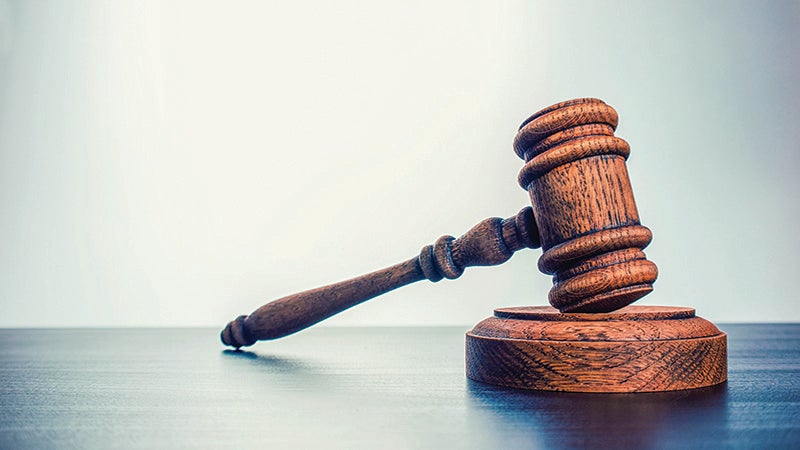Baker Woman Sentenced for Wire Fraud and Making False Statements in Connection with COVID-19 Pandemic Assistance
Published 6:38 am Tuesday, October 4, 2022
|
Getting your Trinity Audio player ready...
|
United States Attorney Ronald C. Gathe, Jr. announced that U.S. Chief Judge Shelly D. Dick sentenced Chanda Hall, age 44, of Baker, Louisiana, to 26 months in federal prison following her convictions for wire fraud and making false statements. Upon release from imprisonment, Hall will serve two years of supervised release. The Court further sentenced Hall to pay a $5,000 fine, $25,000 in restitution to the U.S. Small Business Administration (SBA), and a $25,000 money judgment to the United States.
According to facts presented at trial, the SBA is an agency of the United States government that provides support to entrepreneurs and small businesses. The CARES Act is a federal law enacted in or around March 2020 to provide emergency financial assistance to the millions of Americans who were suffering the economic effects caused by the COVID-19 pandemic. Among other relief, the CARES Act expanded the Economic Injury Disaster Loan (EIDL) program, which provides loans for small businesses and other eligible entities.
In May 2020, Hall submitted her first EIDL application. Although she submitted the application in the name of a company that she had formed in 2010, the company’s registration with the Louisiana Secretary of State had been revoked in 2015, and at the time Hall submitted this application, the company had not been reinstated, and it had no bank account. On June 16, 2020, the SBA denied the application.
The very next day, on June 17, 2020, Hall submitted another application, in the name of a purported non-profit corporation, First Home Foundation (“First Home”), that she had formed earlier that year. Hall signed the application and certified that all of the information provided was true. In the application, among other statements, Hall stated that: (a) First Home had been established in 2017; (b) as of January 31, 2020, First Home had five employees; (c) First Home’s gross revenues in 2019 were $60,000; and (d) First Home’s cost of goods sold for the same twelve-month period was $30,000. When asked whether she had been convicted of or pled guilty to a felony within the last five years, Hall claimed that she had not.
As Hall knew at the time, all of the above statements were false. As the United States proved at trial, First Home did not have the revenues or expenses that Hall had claimed in her application, and Hall had misrepresented her criminal history, which included a recent felony conviction. Moreover, as the United States proved at trial, Hall was given multiple opportunities to withdraw the application or explain that she had misunderstood the application process, and she repeatedly provided false information and lied to those charged with investigating her application.
Hall was convicted after a June 2022 trial, and at the sentencing, the Court specifically found that she had obstructed justice in the investigation and prosecution of the case, including by providing false testimony at the trial.
This matter was investigated by the Treasury Inspector General for Tax Administration, the Federal Bureau of Investigation, and the Small Business Administration-Office of Inspector General, and was prosecuted by Assistant United States Attorneys Alan A. Stevens, who also serves as Senior Litigation Counsel, and Caroline B. Gardner.





